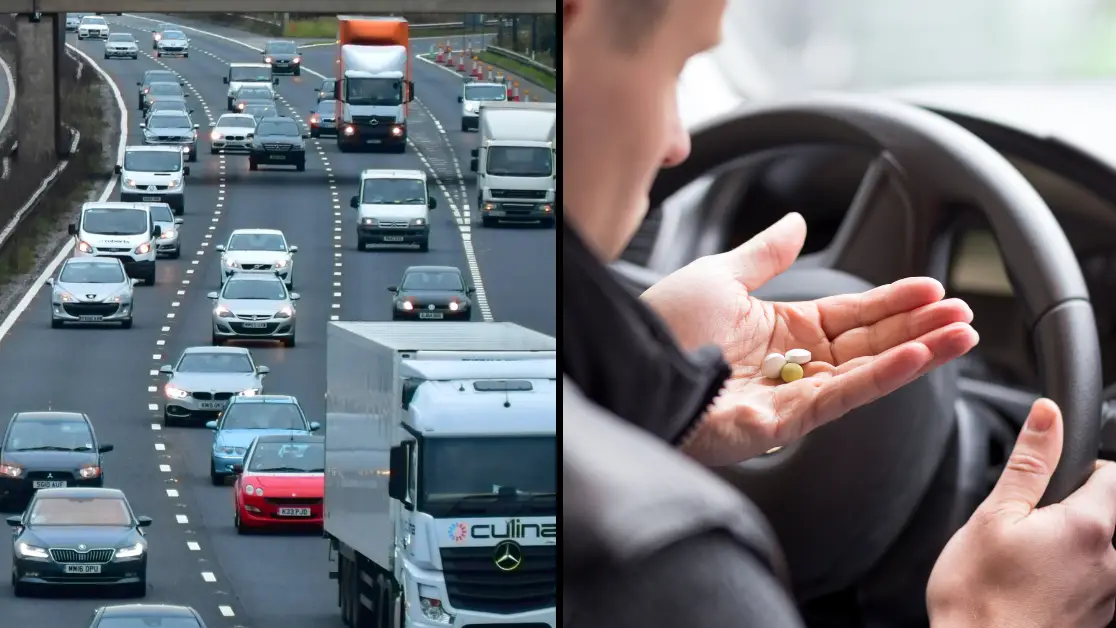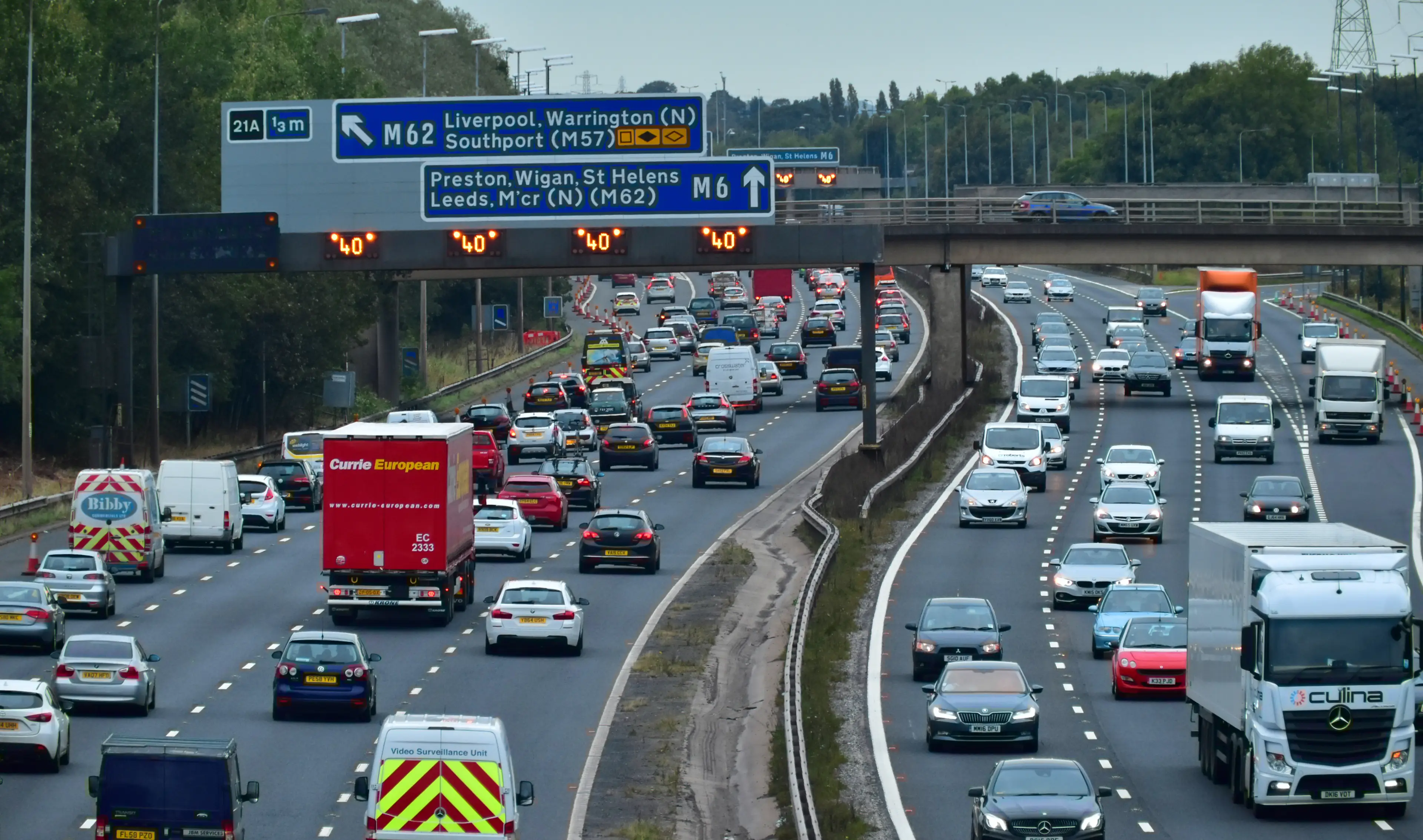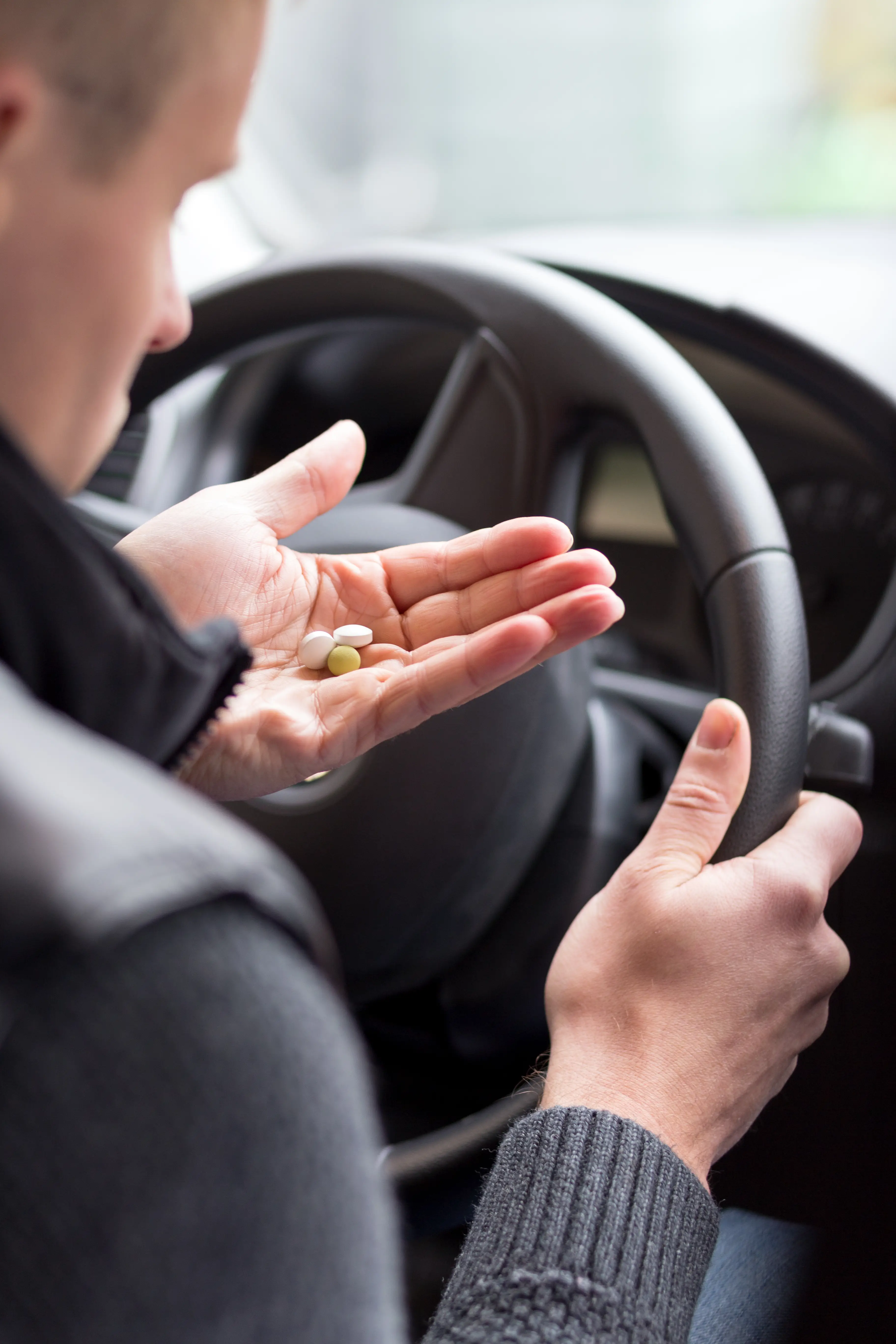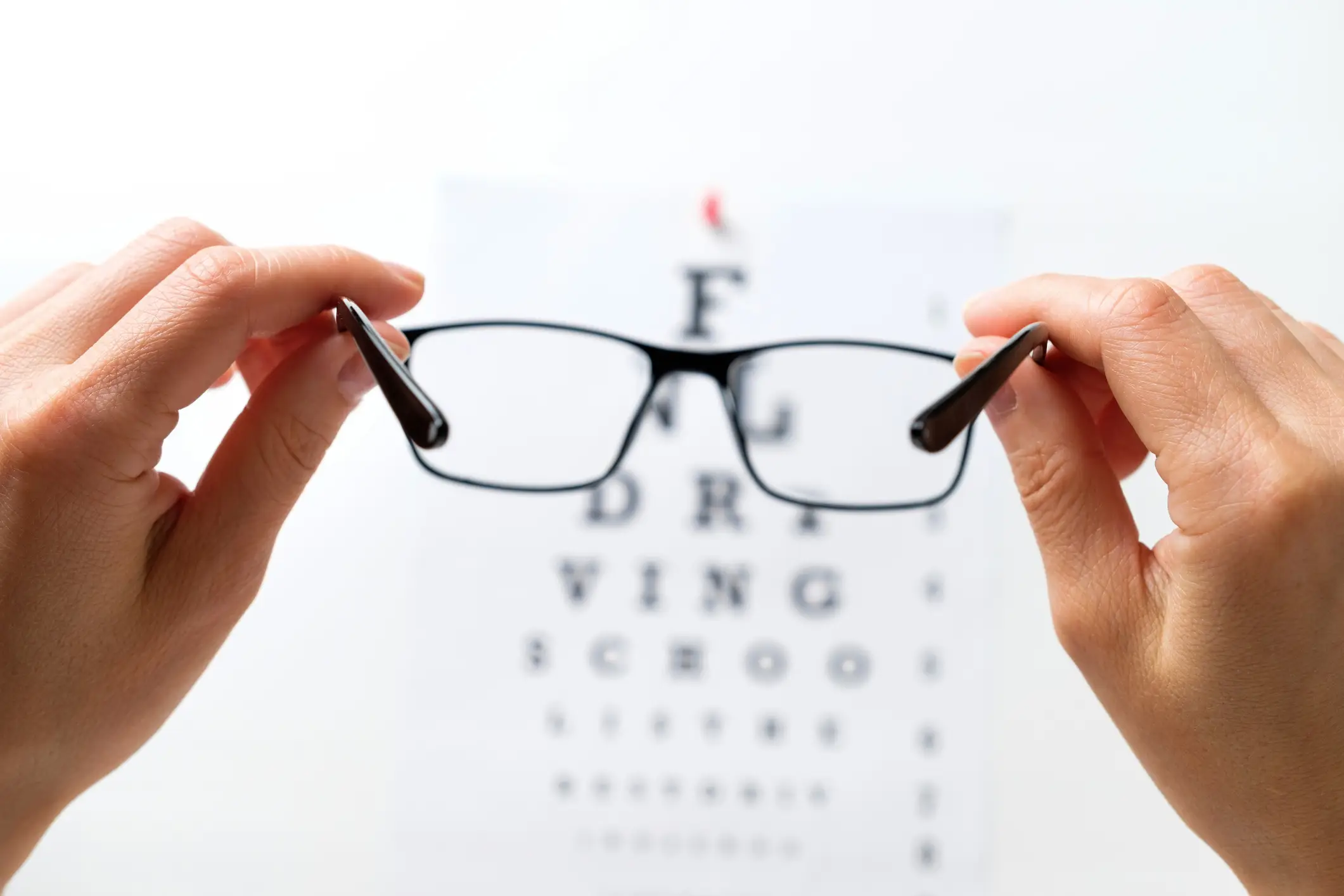
There are a number of health conditions that could leave you with null and void car insurance as well as a hefty fine if you don't tell the DVLA after being diagnosed.
Across the UK, the Driver and Vehicle Licensing Agency (DVLA) is responsible for maintaining the database for everyone who is legally entitled to drive. And part of your responsibility to the organisation is keeping them in the loop about your individual health as it changes.
There are a number of health conditions that can impact a person's ability to drive safely. At the same time, the more pedestrian ailments mean it is business as usual when it comes to getting behind the wheel.
Advert
Regardless of where you might sit on the scale, telling the DVLA in the first place is necessary. Because should you get in to an accident, you could well find your car insurance has been nulled and voided during the investigatory period to determine why you might have crashed and if you can make a claim.
And by keeping the DVLA in the dark, you're also looking at a fine of up to £1,000.
Experts over at Quotezone.co.uk have put together a list of 10 conditions that could stop you from driving altogether or make your insurance policy invalid should you be involved in a crash.
It's founder, Greg Wilson, says: "A serious medical diagnosis on top of the fear of losing transportation and independence can be devastating.
"However, many conditions and medications won’t impair driving, which the DVLA and insurance providers recognise – but they do need to be keep up to date with any changes.
"Taking all precautions to be safe on the road is extremely important and drivers must play their part to ensure their wellbeing and the wellbeing of other road users is protected to the best of their knowledge."

In total, the DVLA has 110 conditions that might impair your driving. On these, Wilson adds: "If drivers have been diagnosed with any of these conditions they need to inform both the DVLA and their insurance provider, since having inaccurate details on the insurance policy can void the insurance and leave drivers unprotected."
Here are 10 common conditions the DVLA needs informing of if you have any of them:
Heart conditions
The DVLA must be told about heart conditions if you suffer from any, with cardiac issues behind many accidents on Britain's roads. Whether a cardiac arrest or heart attack, suffering from them behind the wheel can kill not just a driver but those around them.
More minor issues like arrhythmia (irregular heartbeat) can impact your ability to concentrate and stop the car in time, should you need to.
Stroke
If you've had a stroke you automatically cannot drive for one month after suffering the medical episode. Alongside this, having had one stroke means you're more likely to have another.
You can drive again, you just have to let the DVLA know your intentions as well as any health conditions you are still suffering from as a result of the stroke.

Taking medication
Millions of us take medication on a daily basis. For some, you'll need to let the DVLA know about this.
If you take strong meds, especially painkillers such as opioids, your driving might be impacted. The same goes for some forms of antidepressants, with drowsiness a common side effect.
Sleep apnoea
This is a condition that makes you stop and start breathing while you sleep. As a result of it, some people get drowsy so the DVLA needs to know about it if you've been diagnosed.
Diabetes
Around 4.4 million people have diabetes in the UK, with a vast chunk of that number having driving licences.
Those who need insulin might be restricted from driving, with hypoglycaemia (low blood sugar) burring vision and causing drowsiness.

Blackouts or syncope
Getting blackouts or fainting - also known as syncope - could be fatal behind the wheel.
The government website says: "Ask your doctor if your blackouts, fainting (syncope) or loss of consciousness affect your driving.
"You must tell DVLA if your condition affects your driving. Fill in form FEP1 and send it to DVLA. The address is on the form."
Epilepsy and seizures
Having epilepsy can put you at risk of having an accident. Depending on how severe your condition may be, the DVLA may require you to be individually assessed in person.
If you are given permission to continue to drive then you may still face requirements such as renewing your licence every three years as opposed to every 10 in order to monitor your condition and safety to drive.
Issues with your eyes
Obviously it goes without saying that your vision is critical to being able to drive. Any issues with it and you've got a potential problem.
Conditions such as glaucoma have to reported to the DVLA. A decision could be taken by the DVLA to review your licence; it's totally up to them.

Vertigo
Vertigo is the medical condition known for when your surroundings feel like they're spinning.
Given that you can be left feeling extremely dizzy, your ability to safely drive could be at risk.
"You must tell DVLA if you experience dizziness that is sudden, disabling or recurrent," the government website says.
Having an operation
Having a serious operation could impact your ability to drive.
You must tell the DVLA if you’ve had an operation and you’re still unable to drive three months later.
If you've any doubt, ask your doctor if you’re not sure how your operation will affect your driving.
QuoteZone says: "The DVLA has an extensive list of medical conditions which motorists need to declare. Declaring these conditions will not mean you’ll be automatically stopped from driving, however some more serious conditions may require you to either temporarily stop driving or require further assessment.
"Some conditions will unfortunately mean you will not be able to legally drive due to safety concerns.
"According to the DVLA, you must notify them of any ‘notifiable’ condition or disability that could impact your ability to safely drive."